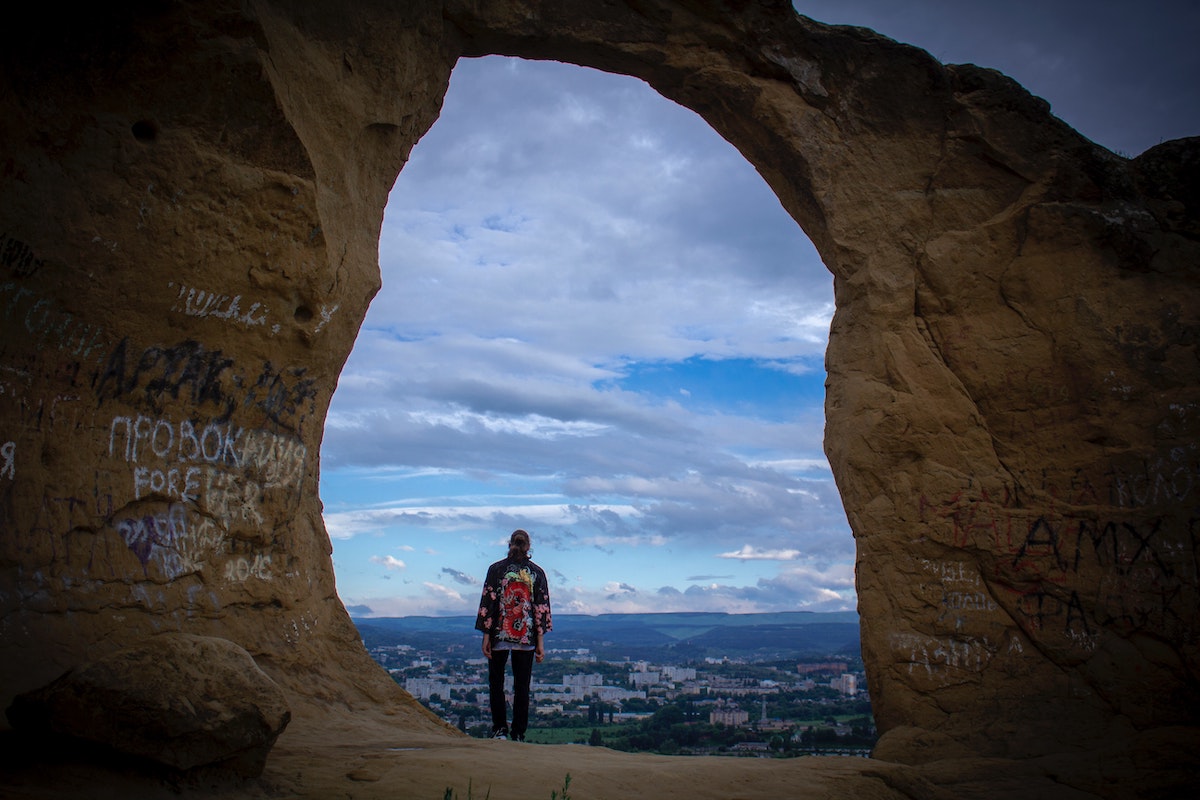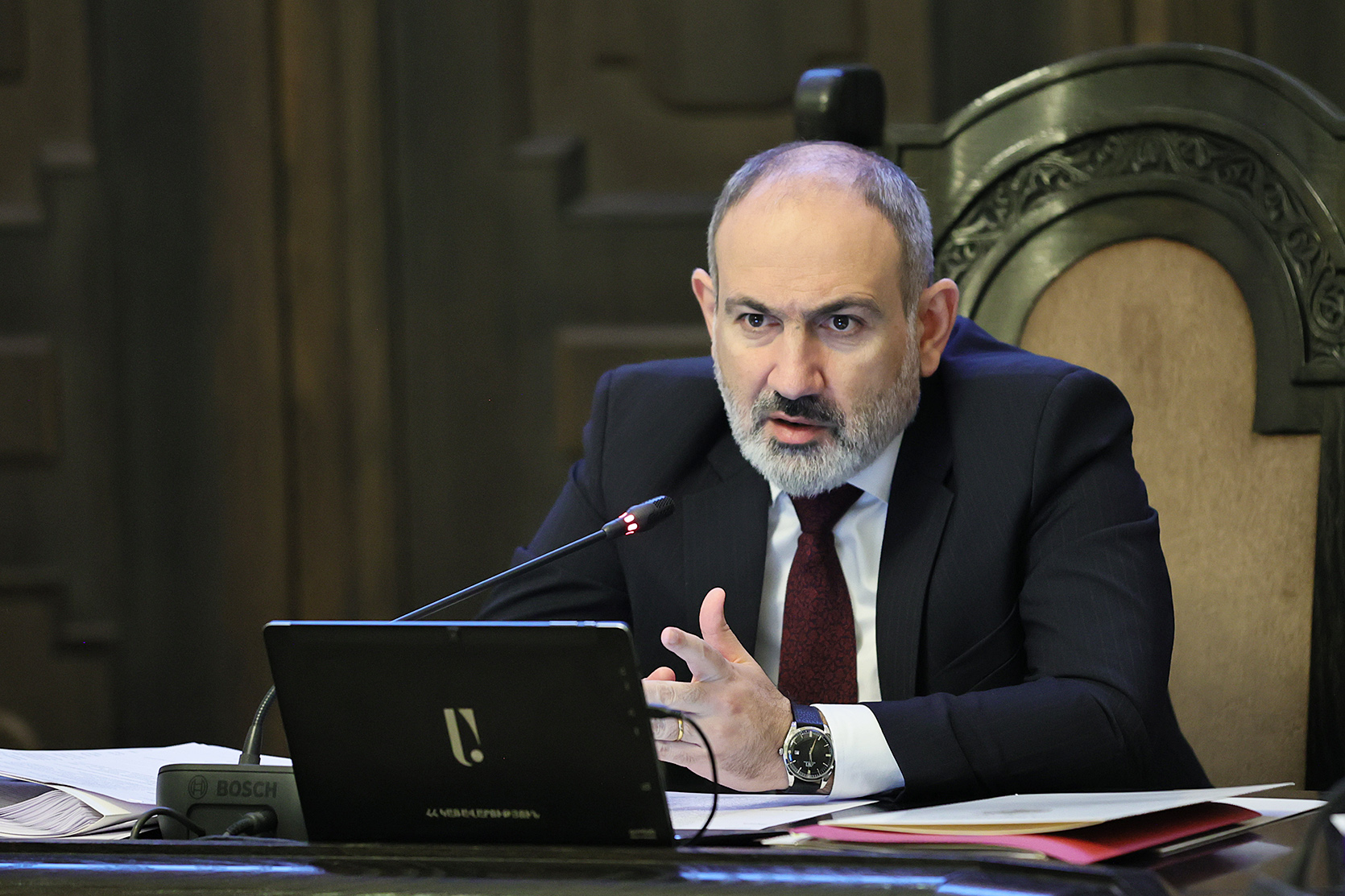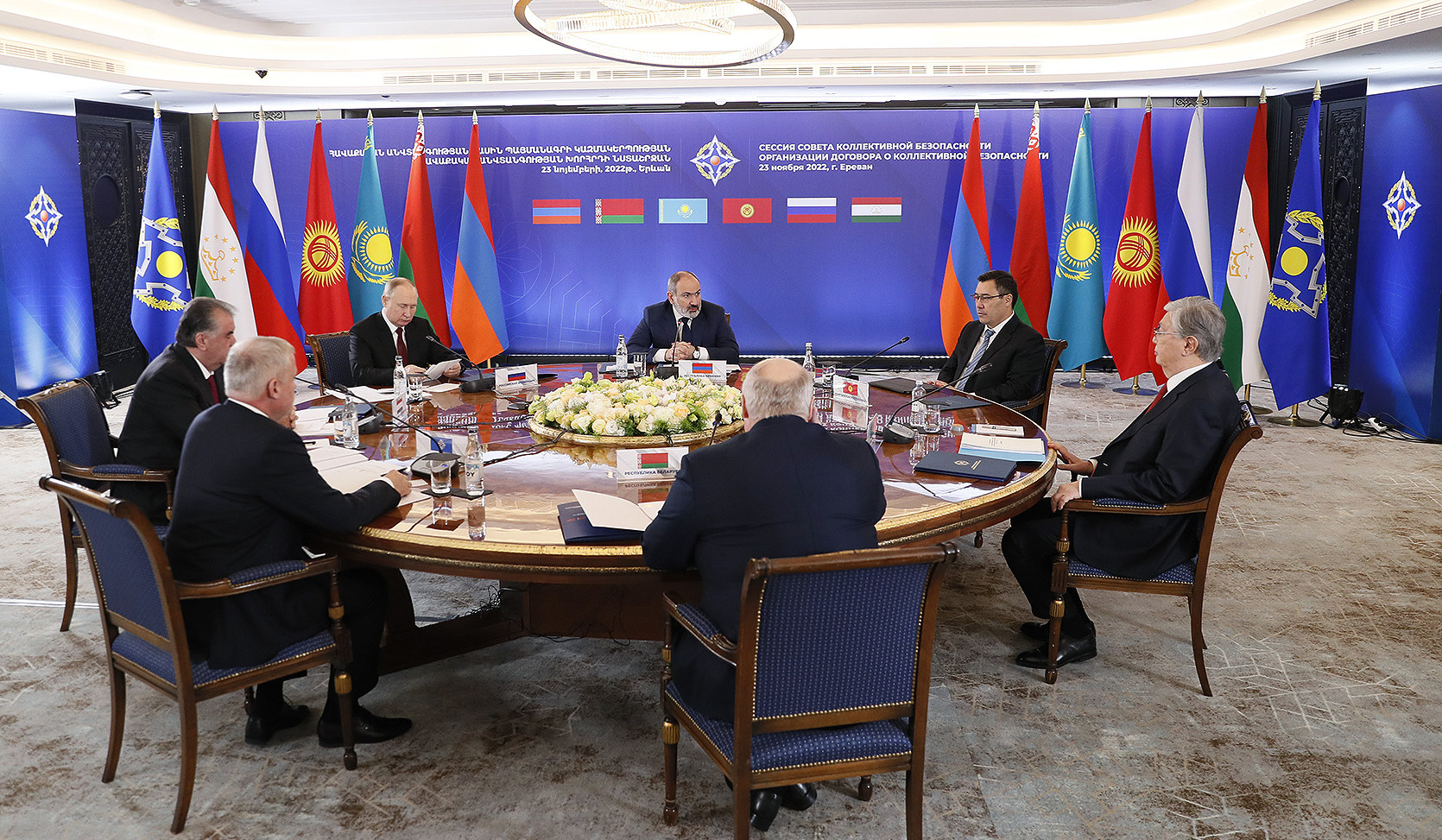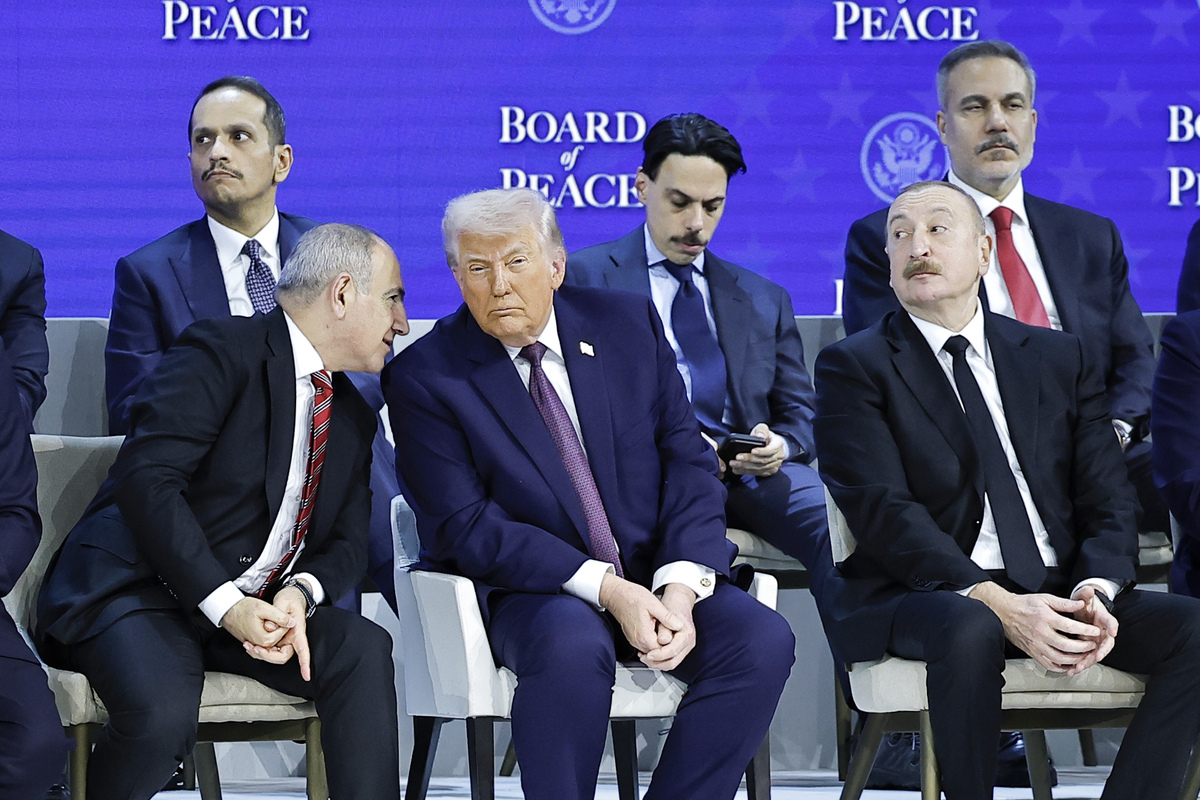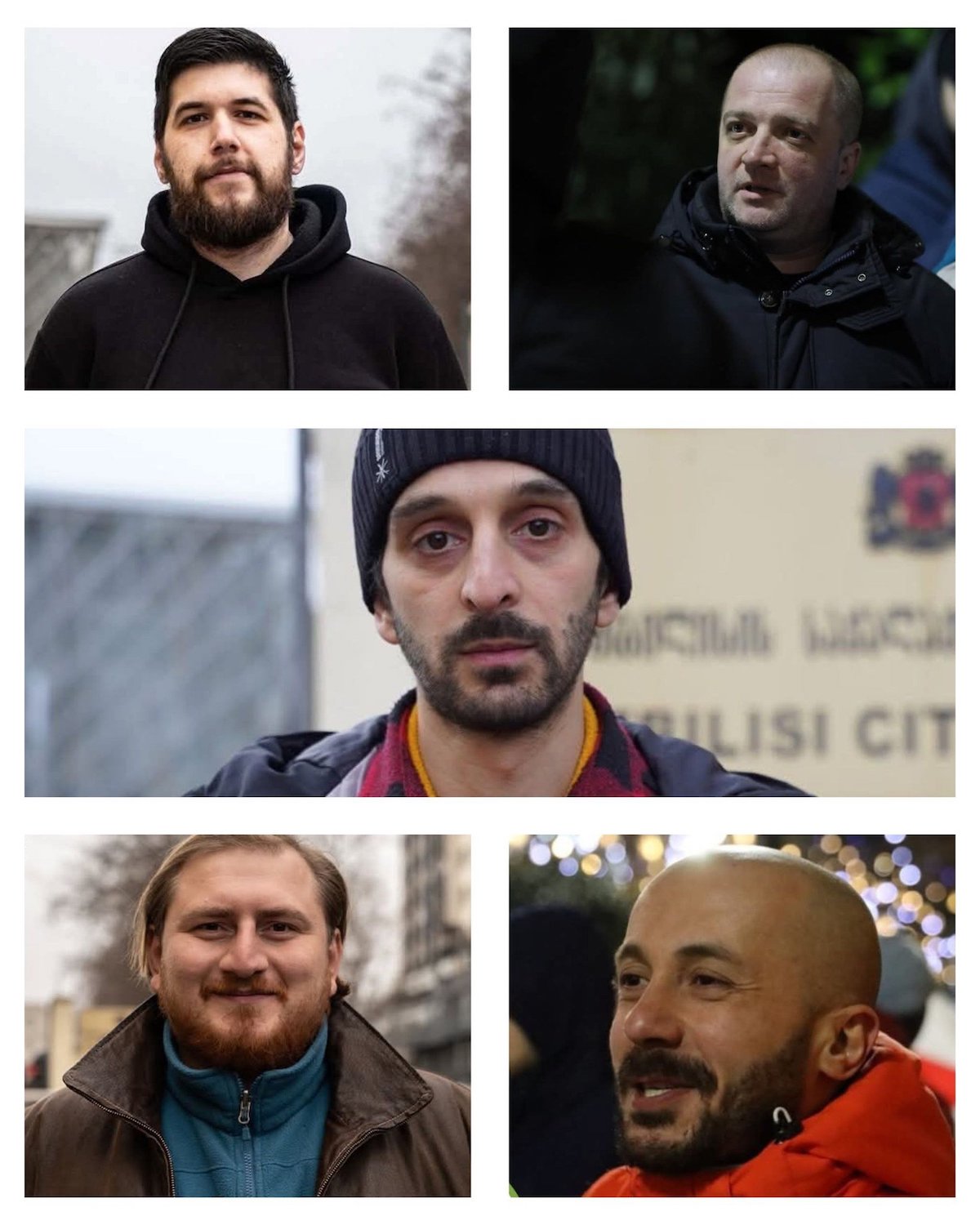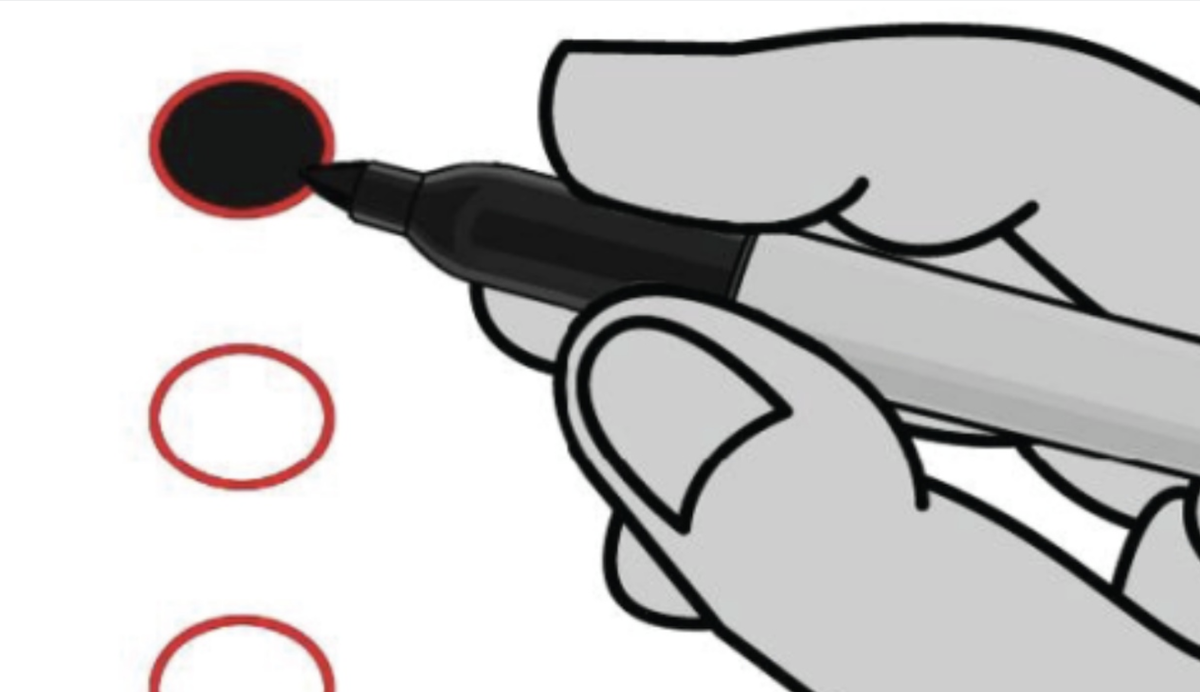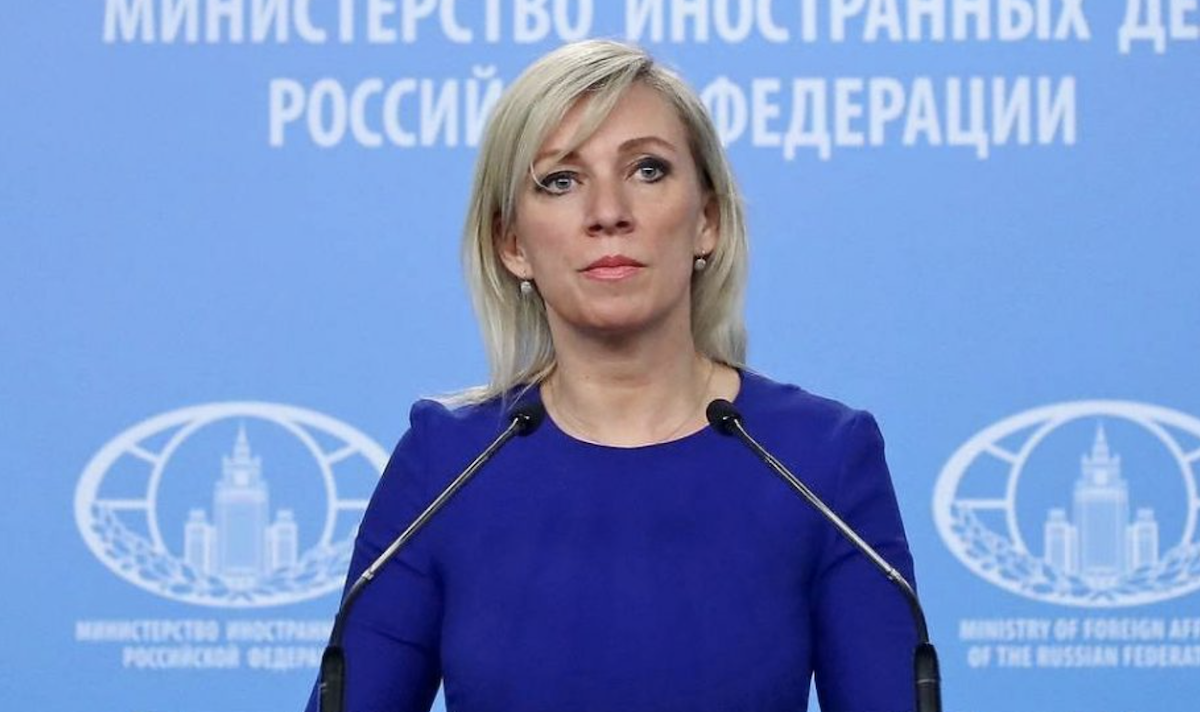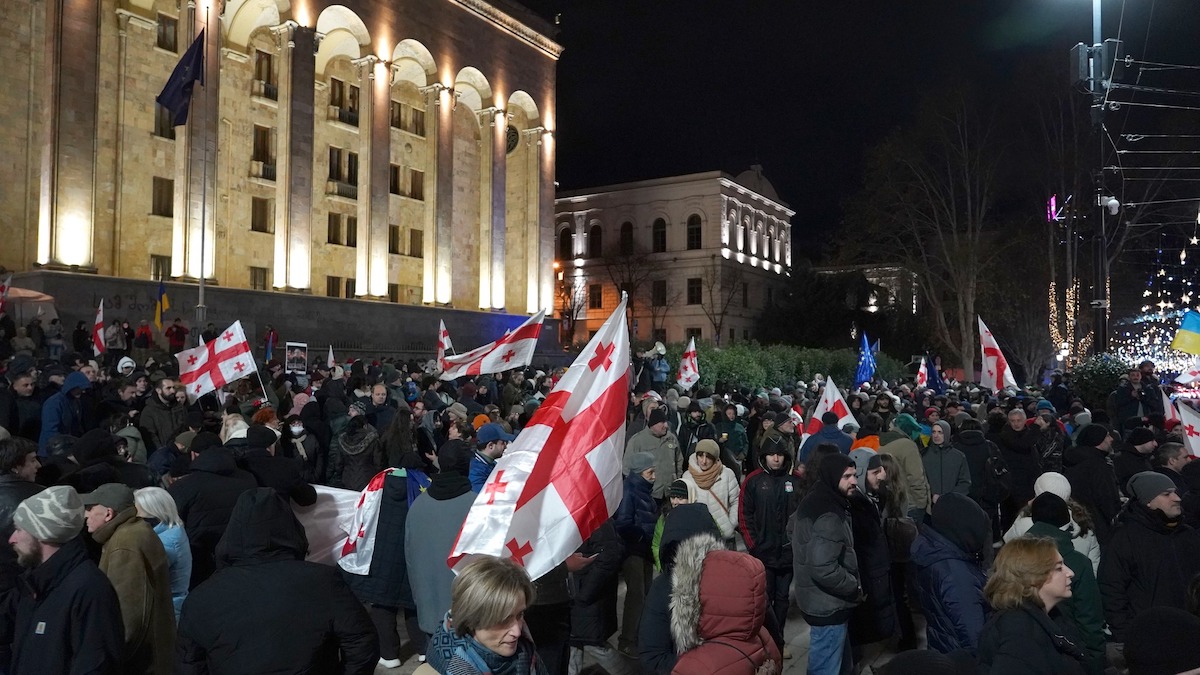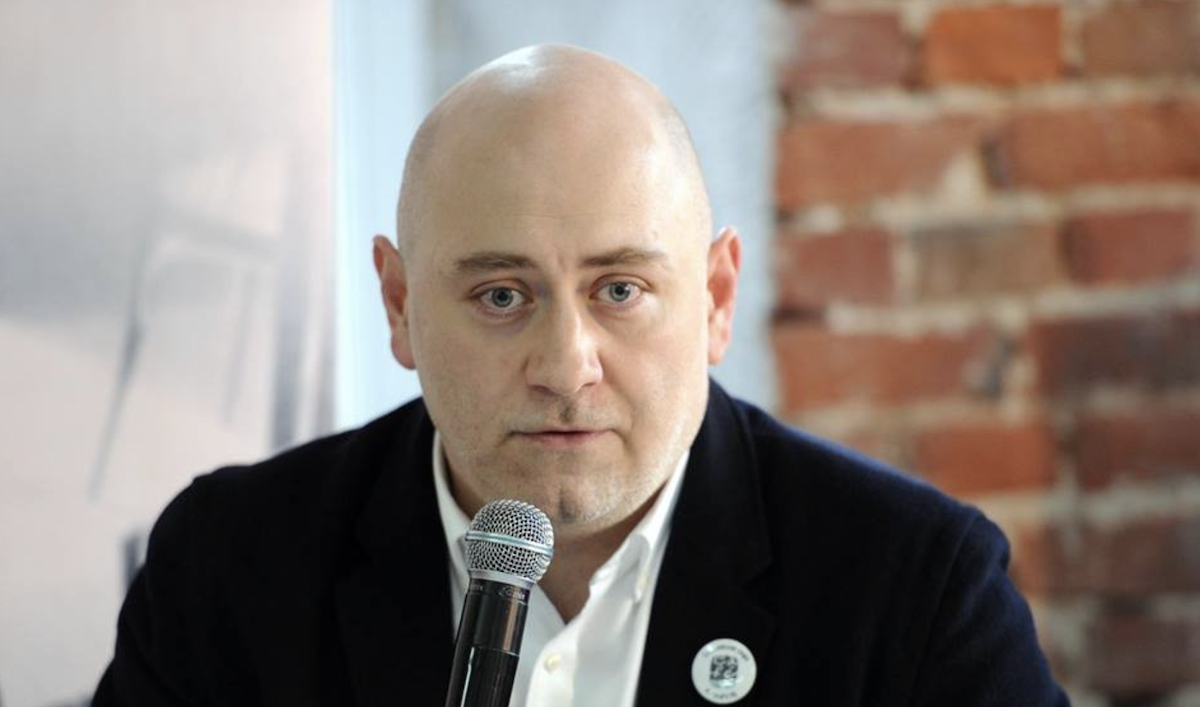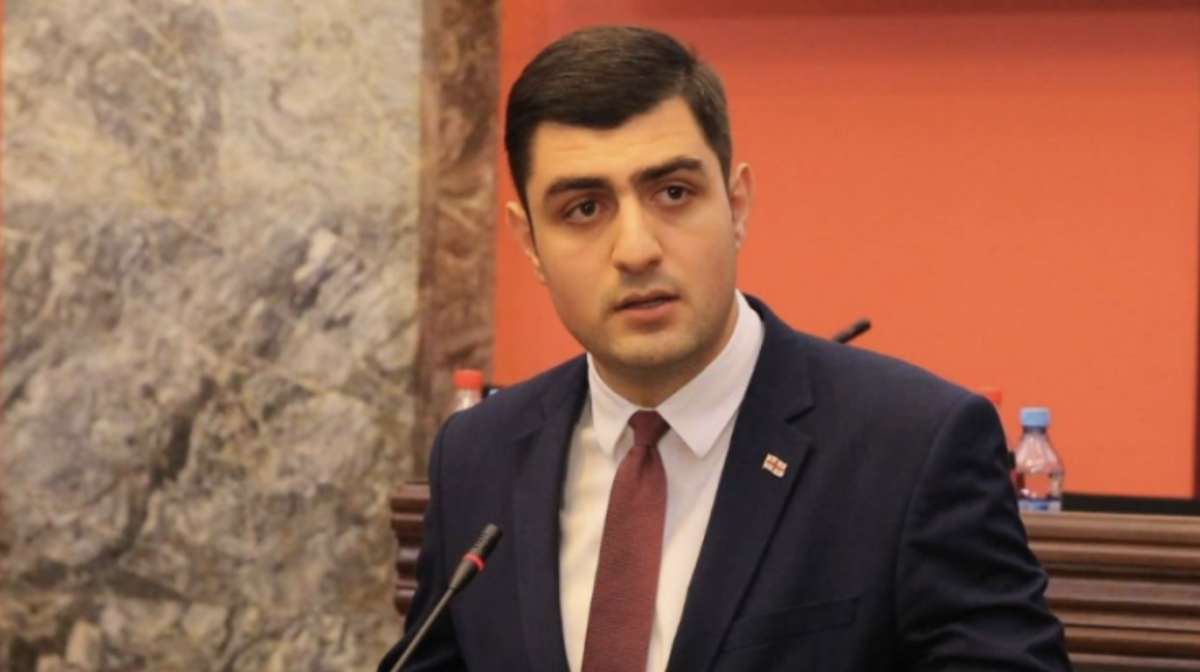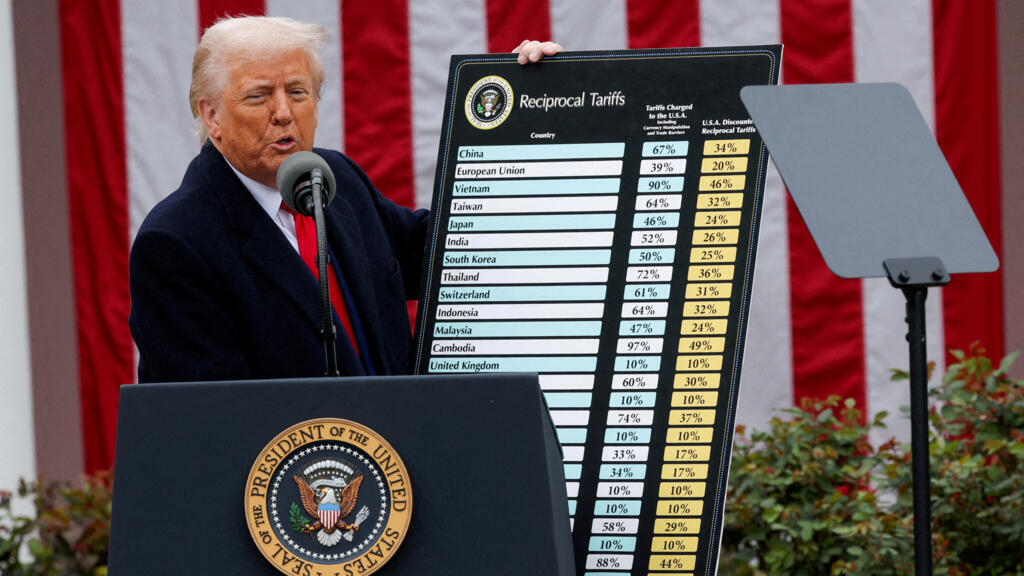"Phantom pain from the loss of the province": Armenian political scientists on Lavrov's interview
Armenian experts on Lavrov’s interview
“Armenia, apparently, refuses to return to Moscow for negotiations while the Lachin corridor is closed. This angered Russia, accusations are already being heard,” political scientist Hovsep Khurshudyan commented on a recent interview with Sergey Lavrov.
The day before, the head of the Russian Foreign Ministry, referring to the Karabakh conflict, said that “for many years Armenia occupied seven regions of Azerbaijan“, and “the Armenian leadership wanted to keep these territories.” However, according to Lavrov, during the 2020 Karabakh war “Azerbaijan still retrieved the lands that belong to it.”
A discussion of these statements began in Armenia immediately after the publication of the Russian minister’s interview. The conclusion of Armenian experts is that “by justifying the military aggression of 2020, Russia is violating both the UN charter and the CSTO military bloc founded by it.”
“Legitimization of Azerbaijani aggression”
Political scientist Tigran Grigoryan says that resolution of the Armenian-Azerbaijani conflict is based on the principle of non-use of force or the threat of its use, and that documents confirming this principle were signed by Armenia and Azerbaijan through the mediation of the Russian Federation. According to him, Lavrov’s statement “justifies and legitimizes the Azerbaijani aggression of 2020.”
Grigoryan also notes that Lavrov reduces the entire process to the issue of the return of territories, while this is only one of its components.
“When Pashinyan tried to reduce the pre-war negotiation process only to the issue of the return of territories, the Russian Foreign Ministry officially reacted to his words and stated that this was not the case,” the Grigoryan wrote on Facebook.
Grigoryan believes that the change in Moscow’s rhetoric is due to two factors:
⦁ growing importance of Azerbaijan for Russia over the past year,
⦁ the deepening of the crisis in Armenian-Russian relations in recent months.
“Looks like petty revenge”
This is how political scientist Hovsep Khurshudyan assessed the statements of the head of the Russian Foreign Ministry. He believes that Lavrov’s statements prove Moscow’s incapacity:
“The burden of the humanitarian catastrophe in the Lachin corridor falls on their shoulders and is getting heavier. The world accuses the Russian peacekeepers, at least, of not fulfilling their duties [of keeping the Lachin corridor open].”
Khurshudyan regarded Lavrov’s speech as anti-Armenian:
“The word “occupation” was mentioned, in fact this is an accusation against Armenia. Nothing like this has ever been uttered by Western politicians. Only once in 2013 did the European Parliament use the word “occupation”. This happened immediately after Armenia’s refusal of the association agreement with the EU.”
He believes that Moscow would like Armenia to “remain a victim on the altar” and not be able to get “out of the Russian-Turkish-Azerbaijani game”:
“And now they are no longer able to sacrifice something to Azerbaijan and Turkey at the expense of Armenia within the framework of this game. And Russia is now dependent on Turkey. Russian politicians say Turkey is their lifeline. It has become the main channel for circumventing Western sanctions.”
“Armenia for Russia is a province, not a nation”
Political scientist Gurgen Simonyan thinks that Moscow has always pursued a policy that would allow it to “bargain on the fulfillment of its obligations towards Armenia.”
According to Simonyan, Russia’s resistance has weakened, it has exhausted all the levers of influence on Armenia, as demonstrated by the “sharp rhetoric” used in diplomacy:
“Russia’s reactions are like phantom pains, it cannot come to terms with the loss of it former province. But this is a fact that it will have to accept, realize sooner or later.
Simonyan noted that now Armenia does not have “an immune system that could allow it to solve its existential problems on its own.” And if the security mechanism in the form of membership in the CSTO military bloc, operating under the leadership of Russia, does not work, then alternatives should be sought.
Armenia should not become someone’s appendage and the country needs to develop its own national concept. Simonyan does not rule out cooperation with Russia if Moscow takes a constructive path and considers Armenia as a nation unto itself, and not its province.
Follow us – Twitter | Facebook | Instagram
Armenian experts on Lavrov’s interview










